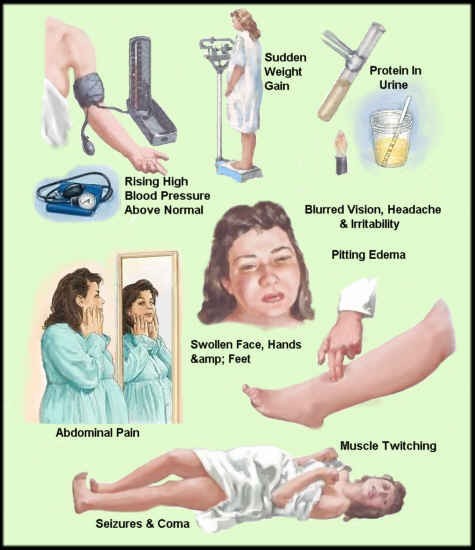Before administering a scheduled dose of insulin to a 10-year-old child who is learning diabetic self-care, which information is most important for the practical nurse (PN) to ask the child?
Did the child perform a fingerstick?
How much did the child exercise today?
When did the child last urinate?
Has the child eaten recently?
The Correct Answer is A
A. Checking the child’s blood glucose level via fingerstick is the most important step before administering insulin to prevent hypoglycemia or ensure the appropriate dose.
B. Exercise affects blood sugar, but the immediate priority is verifying the blood glucose level.
C. Urination patterns can indicate hyperglycemia, but they are not the most critical factor before insulin administration.
D. Eating is important, but insulin dosing should be based on blood glucose readings and meal intake combined.
Nursing Test Bank
Naxlex Comprehensive Predictor Exams
Related Questions
Correct Answer is C
Explanation
Accommodation refers to the ability of the eyes to adjust and focus on objects at different distances. When a client's pupils constrict as they change focus from a far object to a near object, it indicates that their pupils are reacting appropriately to accommodate the change in focus.
To document this finding accurately, the practical nurse (PN) should document "Pupils reactive to accommodation." This statement captures the observation that the pupils are constricting in response to the client changing their focus from a far object to a near object. It indicates normal pupillary response and accommodation.
Let's briefly evaluate the other options:
A. Consensual pupillary constriction present.
Consensual pupillary constriction refers to the simultaneous constriction of both pupils when light is shone into one eye. This finding is not directly related to accommodation or the client's change in focus.
Therefore, it is not the appropriate documentation for the given scenario.
B. Nystagmus present with pupillary focus.
Nystagmus refers to involuntary eye movements that can affect the alignment and focus of the eyes. The presence of nystagmus is not mentioned in the scenario, and it is not directly related to the client's change in focus. Therefore, it is not the appropriate documentation for the given scenario.
D. Peripheral vision intact.
Peripheral vision refers to the ability to see objects outside the central visual field. While important for assessing visual function, it is not directly relevant to the observed pupillary response during accommodation. Therefore, it is not the appropriate documentation for the given scenario.
In summary, when a client's pupils constrict as they change focus from a far object to a near object, the practical nurse should document "Pupils reactive to accommodation" to accurately describe the observed pupillary response during the accommodation process.
Correct Answer is A
Explanation
Edema, particularly if it is new or worsening, can be an indicator of preeclampsia, a potentially serious condition characterized by high blood pressure and organ dysfunction. Monitoring the client's blood pressure is crucial in assessing for signs of preeclampsia and determining the appropriate course of action.

B. Due date: The due date is an important piece of information for monitoring the progress of the pregnancy, but it is not directly relevant to the client's presenting symptom of edema. The focus should be on assessing for potential complications associated with edema, such as preeclampsia.
C. Fundal height: Fundal height is a measurement used to estimate fetal growth and position. While it is an important parameter to monitor during prenatal visits, it is not directly related to the client's edema. The priority in this situation is to assess for signs of preeclampsia or other complications, which may require assessing the blood pressure.
D. Gravida and parity: Gravida refers to the total number of pregnancies a woman has had, while parity refers to the number of pregnancies that have reached viability (20 weeks or more). While these pieces of information provide a background understanding of the client's obstetric history, they do not provide immediate insight into the current issue of edema. Assessing the blood pressure would be more relevant in this situation to identify any potential complications.
Whether you are a student looking to ace your exams or a practicing nurse seeking to enhance your expertise , our nursing education contents will empower you with the confidence and competence to make a difference in the lives of patients and become a respected leader in the healthcare field.
Visit Naxlex, invest in your future and unlock endless possibilities with our unparalleled nursing education contents today
Report Wrong Answer on the Current Question
Do you disagree with the answer? If yes, what is your expected answer? Explain.
Kindly be descriptive with the issue you are facing.
